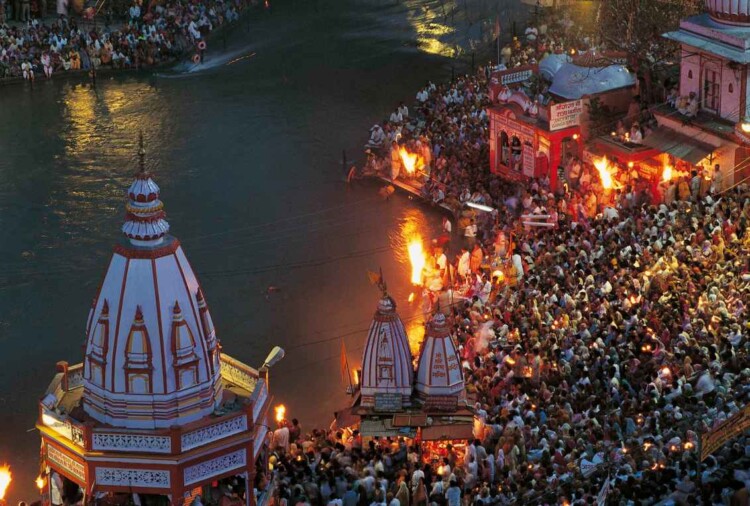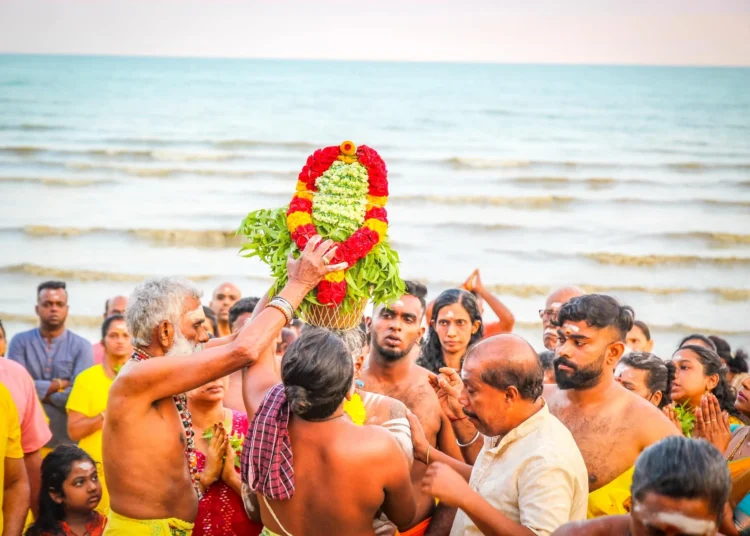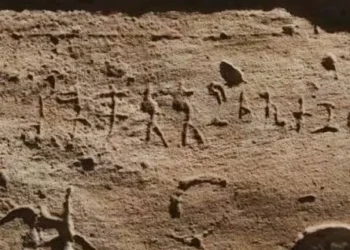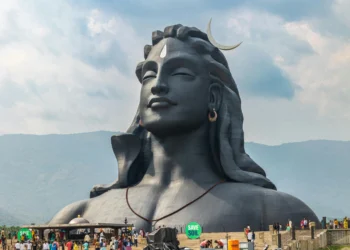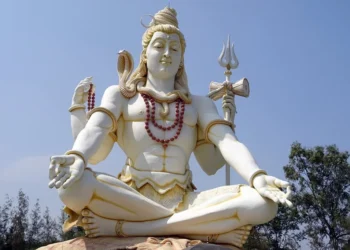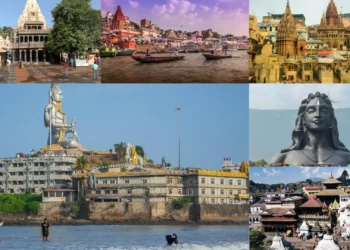In Hinduism, Mahashivrathri, unlike Deepavali, Thaipusam, or Ponggal, is a very auspicious and sacred festival. Those festivals are frequently viewed as very celebratory, particularly by the current generation.
Mahashivrathri, on the other hand, is not a time for revelry and feasting.
Mahashivratri is made up of three words: Maha, Shiv, and Ratri, where Maha denotes greatness, Shiv represents Lord Shiva, and Ratri means night. Therefore, Mahashivratri means “Lord Shiva’s Great Night.“
The most important Shivratri is Mahashivratri, which occurs on the Krishna Chaturdashi of the Falgun month, which is generally celebrated in February or March depending on the planetary position.
As powerful as it may sound, this festival is celebrated in such a way that one will have to be awake on the night of Mahashivratri. Staying awake all night and reciting very powerful Vedic mantras is said to help charge yourself with infrared energies, which act as a medicine for seasonal changes.
However, there is a proper way of rituals to follow during Mahashivrathri.
Fasting
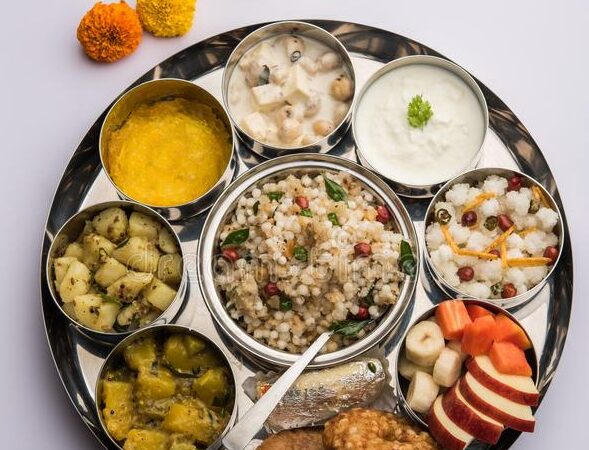
Fasting detoxifies the body and curtails the restlessness of the mind. A mind that is not restless slips into meditation easily. Therefore, fasting on Mahashivratri serves to detoxify the body and aid meditation. It is recommended to fast with fruits or foods that are easily digestible.
Meditating
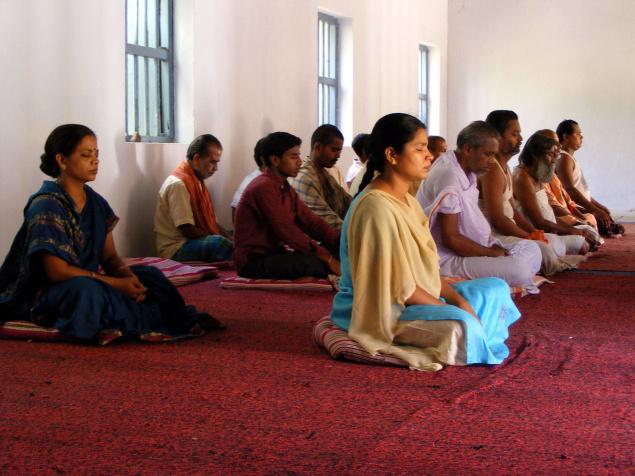
The constellations’ alignment on Mahashivratri night is thought to be particularly favorable for meditation. On Shivaratri, it is therefore recommended that people stay awake and meditate. ‘If you can’t meditate every day, do so at least once a year – on Shivratri day – stay awake and meditate,‘ an ancient times rituals.
Chanting
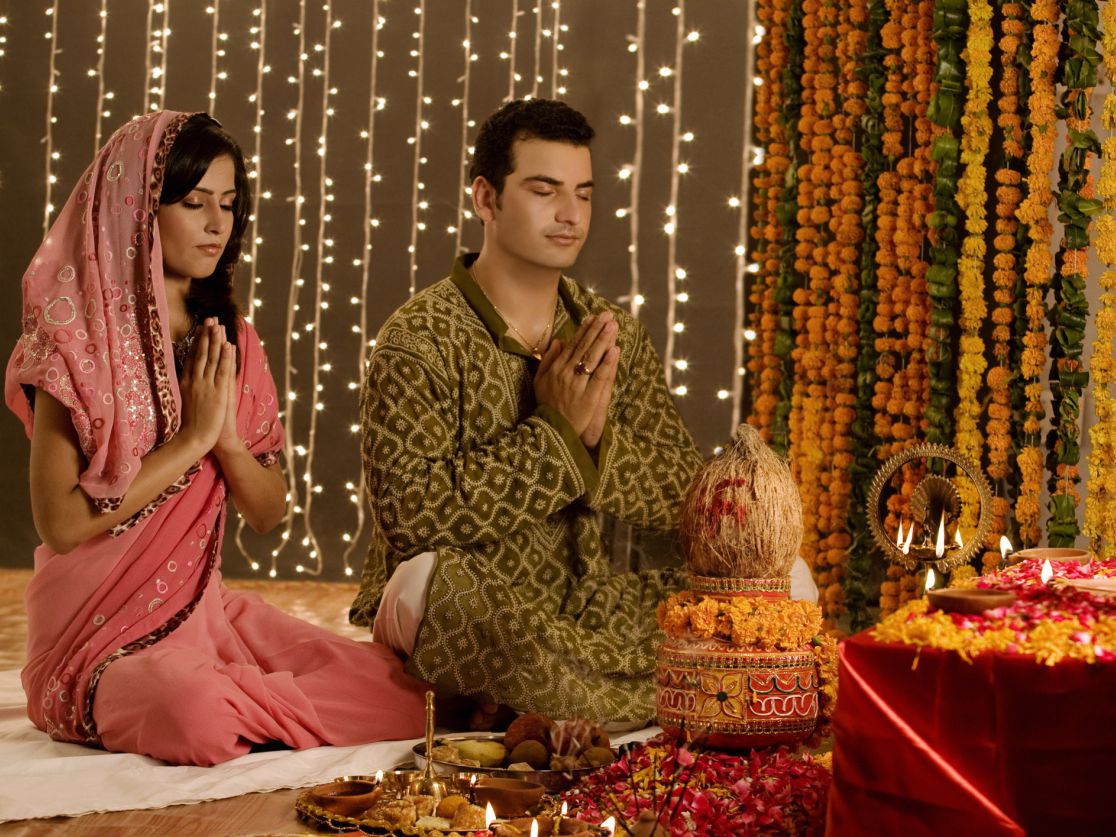
‘Om namah shivaya’ is the most powerful mantra in Hinduism which means Lord Shiva and the five elements- Earth, Water, Fire, Air, and Ether. The five elements of the universe are harmonised when the mantra is chanted. Bliss and sheer delight are found when all five elements are at peace, love, and harmony.
Attending Mahashivrathri Pooja
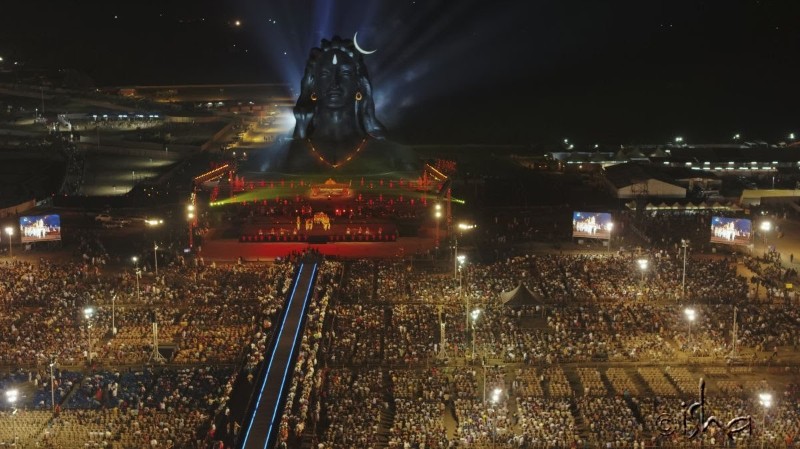
Singing special Vedic mantras and performing certain rituals are all part of the Pooja. It transforms negative emotions and brings positivity and purity to the environment. Participating in the Pooja and listening to the chants allows the mind to easily slip into meditation, allowing you to reflect on your spirituality rather than falling asleep at night.
Offering Bilva Leaves (Bel Patra)

In Hinduism, the Bael tree is regarded as a sacred tree. Bel Patra frequently comes as a tri-leaf because it represents Lord Shiva, Lord Vishnu, and Lord Brahma, the trinity gods. Besides that, it is thought that by worshiping a Shivalinga under a Bilva tree, one can attain salvation.
Are there any other rituals that we overlooked? Please let us know in the comments section below so that we can all learn from each other.
Follow us on Instagram, Facebook or Telegram for more updates and breaking news.


